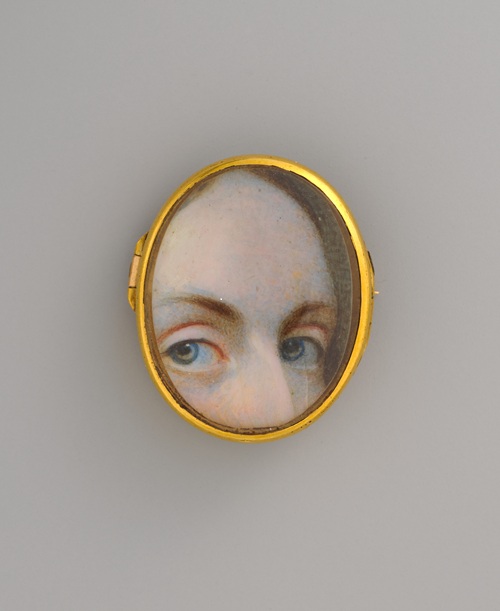The Reading Room
The OLL blog explores the fascinating, vital, and often surprising texts and people that fill our library. Come talk in our library!

Mrs. Dalloway: Only Authors Get to Understand People
By:

By: